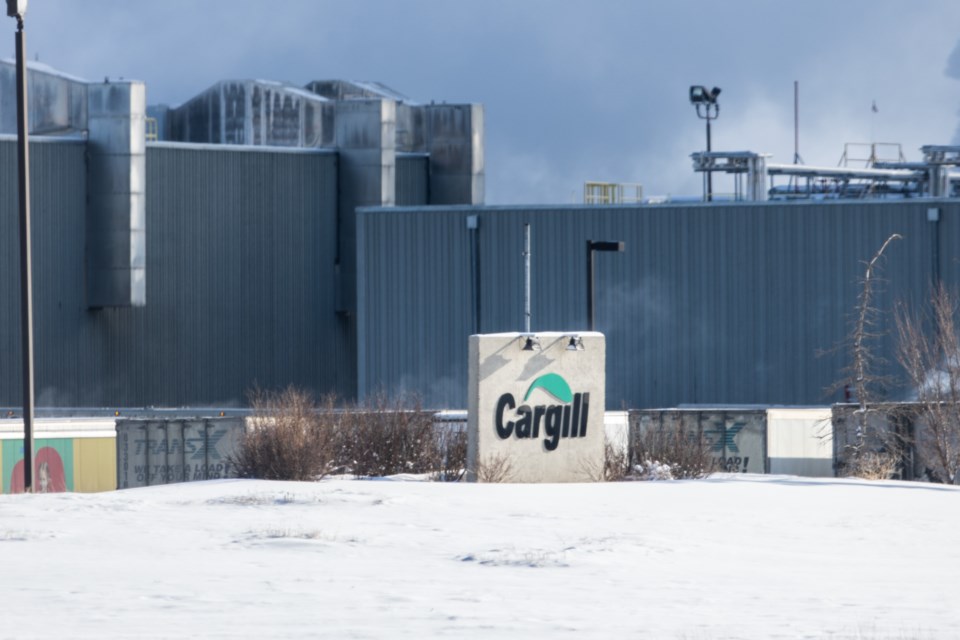How did we get in this mess with our beef processing?
Today we have only two companies, the U.S.-based private firm Cargill and Brazilian-owned global giant JBS, doing 85-90 per cent of the beef processing in Canada at three giant slaughterhouses -- two in Alberta and one in Ontario.
At the beginning of COVID, two of these plants were shut down and 70 per cent of Canada’s beef production along with it.
How quickly we have forgotten about that fundamental vulnerability, only to be reminded of another one: we probably have a price fixing cartel on our hands.
With beef prices rising faster than inflation, a group in Quebec launched a class action lawsuit earlier this year, alleging market manipulation. It comes hot on the heels of a case south of the border, where JBS agreed to a US$52.5 million settlement in the face of similar accusations.
Commentators and food economists have repeatedly shrugged their shoulders. The giant slaughterhouses are efficient, they say. You can’t compete with them.
But no one talks about how efficiency by itself is meaningless. If there is no competition, efficiency will only pad the pockets of the billionaires and lead to these obscene corporate profits we are seeing -- the highest in 70 years. And what is talked about even less is that we don’t have competition in this industry because the government made it that way.
Let’s not forget we intentionally eliminated almost an entire industry of small abattoirs and butchers to hasten this untenable situation.
When BSE, or mad-cow disease, was discovered in Alberta in 2003, British Columbia had hundreds of licensed and unlicensed slaughterhouses spread all over the province. They supported communities, most were independent, and diversified the industry. By 2008, most of these had to be shut down and only government-inspected facilities could process beef that would be sold to the public. These facilities remain few and far between.
One of the more ridiculous outcomes of this policy was that local beef could no longer supply Haida Gwaii. The island beef had to get shipped alive to an inspected facility, as far away as Vanderhoof, eighteen hours on hoof in truck, where it is butchered and sent back again.
That’s hard on animals and bad for the climate. And while there have been some recent changes -- you can slaughter animals on Haida Gwaii again -- it’s not enough to compete with the majors.
The irony of all this of course was that BSE was the product of the industrial factory farm system, where bone meal from cattle was fed back to them to save money. The government’s response was essentially to double down on a flawed model. They used a crisis to eliminate mom and pop small business that were not the reason for the crisis to begin with.
You often read in history books about how government was once used as a force of good to make sure the corporations served the people. It doesn’t seem that way too much anymore. From forestry to the big banks to the telecoms, our government seems to govern for the great corporations, not for us.
In other words, government seems to increasingly be the source of our great problems, not the solution.
James Steidle is a Prince George writer.



